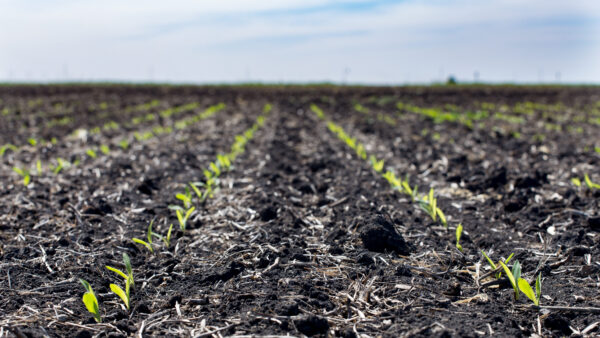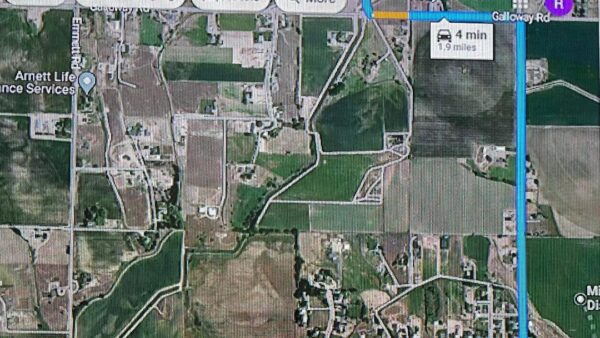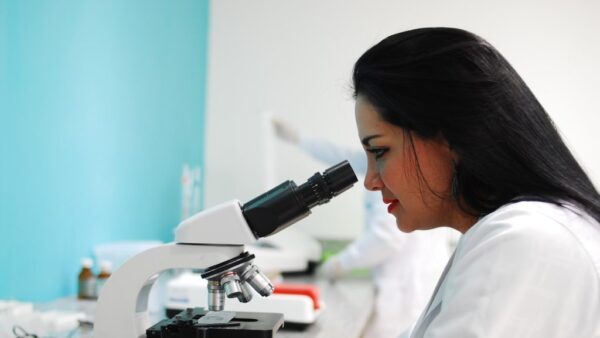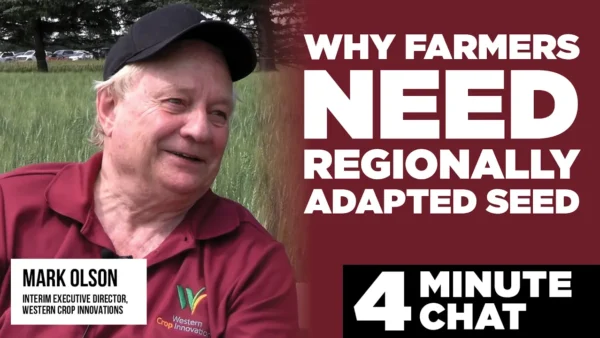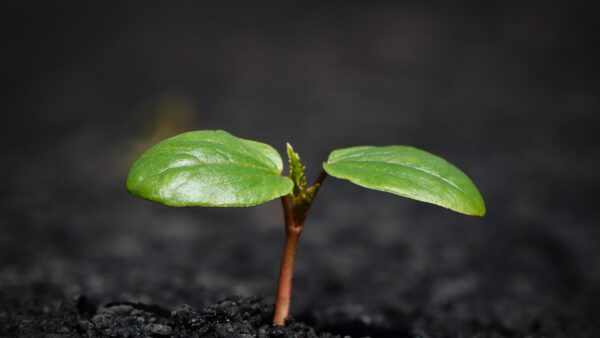Biology is one factor holding the seed industry back from achieving greatness, says Ponsi Trivisvavet, Inari CEO. But what does that actually mean?
“Biology gives us a lot of positive things,” Trivisvavet says. “But I’m not patient enough for it. I would love to actually bring innovation into the hands of farmers.”
Farmers are experiencing a perfect storm of challenges — ranging from weather to a global pandemic to limited product choice. One of the major challenges Trivisvavet sees in agriculture relates to economics and how to create more profitability for growers.
“Biology is still biology. We still need to actually wait until we do the research and development, and then we have to wait for the plant to grow up,” she says. “That’s a block in the industry. We’d like to do it faster.”
In short, farmers need access to better genetics faster than what seed companies can do today.
Overcoming the Block
When it comes to overcoming the research and development block, Trivisvavet says Inari is working on it.
Inari has been working with predictive design software to understand the genetics of seeds in tandem with multiplex gene editing to unlock the potential of the seed. She believes this is the answer to speeding up breeding.
“We don’t only go in and take a look at the genetics of a crop,” Trivisvavet says. “We go down to the DNA level, where we can tune it up or down to make the seed express a gene correctly. It’s more precise, and it allows us to cut down the time by two thirds in comparison to traditional breeding.”
While it might seem like an almost-insurmountable goal, Trivisvavet believes better breeding is what can create a balanced pyramid in agriculture. That balance, finally, will create a world where agriculture commodities can coexist with the ability to feed the world and the ability to co-exist with the environment.
Watch more of what Trivisvavet has to say about the future of the seed and agriculture industry as a whole, here:
Check out more Giant Views here:
Seed is the Cornerstone of Food Security
Faster Breeding Will Help Farmers Feed the World





